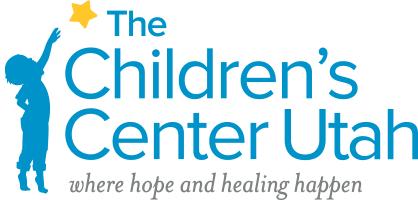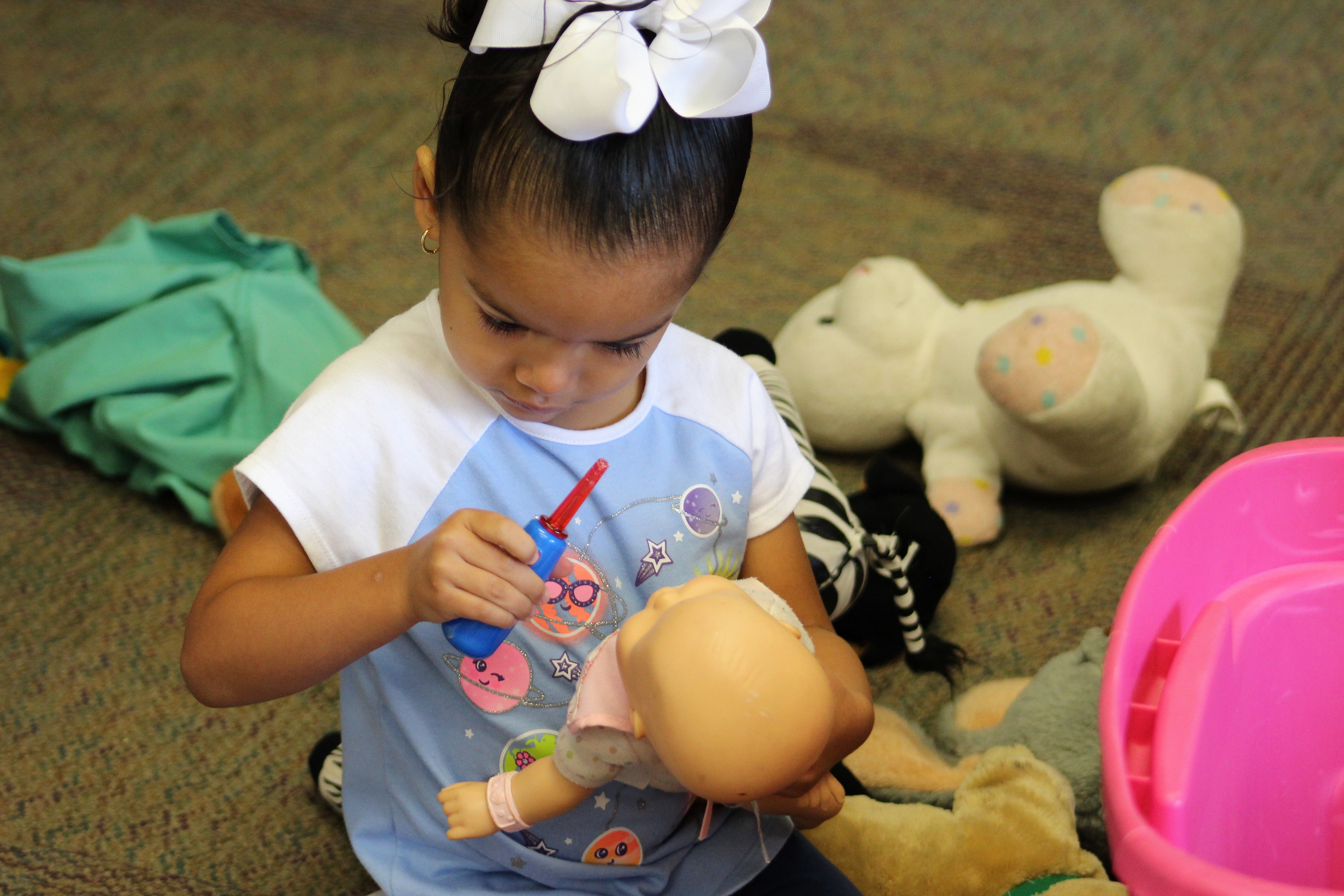Deseret News, December 9, 2020
SALT LAKE CITY — The coronavirus pandemic is spotlighting the need for mental health care for the youngest Utahns, a group of experts said Wednesday as a new report estimated up to 20% of children from infancy to 8 years old may experience challenges.
“COVID has definitely shown a light on early childhood needs,” Doug Thomas, director of the Utah Division of Substance Abuse and Mental Health, said during a virtual panel discussion highlighting the new report from the University of Utah’s Kem C. Gardner Policy Institute.
Thomas said while the novel coronavirus has not had a direct physical impact on most young children, it has affected “many more children across the state with regard to the social determinants of health, lost employment wages, loss of health care coverage, housing and food insecurity, education and child care issues.”
In addition to the economic hit families are taking, children are also suffering from the limits the pandemic has put on activities such as day care, preschool and classroom learning.
“We know that the work of children is play. So, when they’re not able to socialize in the normal manner, that’s going to have an impact. We often say in the field that kids act out what they can’t talk out and the littlest people, the youngest children among us, don’t have a lot of verbal skills,” Thomas said.
Now more than ever, he said, it’s important to key in on what their actions are saying about their mental health “and making sure that we’re getting them the support that they need and giving them the comfort and the security they need to feel safe in the world.”
That means finding ways to “decrease the anxiety of their parents so they can help decrease the anxiety of their children,” he said, adding that for the young, “it’s so incredible, the resilience that you can build and the catching up of milestones that may have been missed so they can stay on par with their peers.”
Katy Welkie, CEO of Primary Children’s Hospital and vice president of Intermountain Children’s Health, said it’s important to note that the suicide rate in Utah has not gone up as a result of COVID-19, even though the deadly virus has increased anxiety and depression
Welkie said children’s mental health also suffers as parents grapple with those impacts.
“We need to figure out, how do we make sure that we understand the high-stress environment for family members and families” and make sure the necessary resources are matched up, she said. “That is going to be the best prevention step that we possibly could do for children.”
The institute’s 34-page report on “Early Childhood Mental Health in Utah” was commissioned by The Children’s Center, a Salt Lake City-based mental health services provider for infants, toddlers, preschoolers and their families.
COVID-19 makes the findings all the more timely, said Rebecca Dutson, The Children’s Center president and CEO.
“We have spent really years and decades, right, becoming comfortable talking about mental health in adults and youth,” Dutson said. Research shows the benefits of not waiting so long to deal with issues that may surface in the very young.
With coronavirus, “the mental health effects on adults and children really can’t be overstated,” she said, citing a national study released last month that showed 1 in 5 adults who tested positive for COVID-19 sought mental health treatment within 90 days.
“So we know this wave of mental health is coming, not only for adults,” Dutson said, since children are affected by the struggles of the adults in their lives. “When we’re working with children, we’re working with families and caregivers.”
But not everyone is aware that young children may need help, the report’s co-author, institute senior research associate Samantha Ball, said.
“One of the biggest challenges to providing services is actually helping everybody — parents, physicians, school leaders, the general public — just understand the importance of early childhood mental health and also the critical brain development that’s happening during his critical phase of life,” she said.
They’re put at risk by adverse experiences like neglect, abuse and violence in the home, something more than 1 in 6 Utah children up to age 17 have gone through. Poverty is also a major barrier to healthy development, Ball said, and minority populations are affected disproportionately.
She estimated between 10-20% of Utah’s 458,000 children under 8 years old might experience mental, emotional development or behavioral challenges, and said the state already has the highest prevalence of mental disorders in youth up to age 17, along with a high rate of untreated mental health needs.
Access to the existing programs is an issue, particularly in rural areas where those in need of intensive services can face long drives to the Wasatch Front, she said. Cost, even for Utahns with insurance, also impacts care, Ball said, as well as waiting lists for treatment and the number of bilingual professionals available.
Jennifer Mitchell, The Children’s Center vice president for clinical strategy and innovation, said COVID-19 has brought to light many of those same issues and warned of an “imminent mental health crisis” as a second wave of the virus sweeps through the state,
“People across the board are struggling during these times, but people who were already marginalized ... who fell through the cracks in the system, are doing so in greater numbers now,” she said, although an increase in telehealth options have helped plug service gaps in rural areas.
There is also concern about child abuse and exposure to domestic violence increasing here as it has around the world, Mitchell said.
“We recognize the profound and lasting impact that exposure to domestic violence can have on a child’s development,” she said. “With children being at home more than ever, we’re really losing some important touch points for keeping eyes on children and families as a safety net.”


